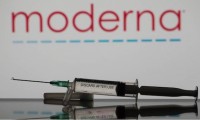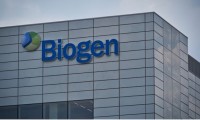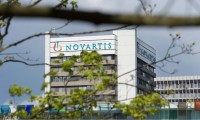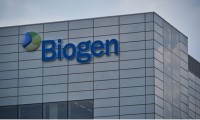-
EMA Concern Stirs over Suicide Risk with Weight Loss GLP-1RA Drugs
- Source: drugdu
- 105
- July 14, 2023
-
UAE, Saudi Arabia Serve as Gateway to International Markets for Biopharma
- Source: drugdu
- 149
- July 13, 2023
-
Safety Concerns About New Weight Loss Drugs Brew as Demand Soars
- Source: drugdu
- 111
- July 9, 2023
-
Moderna strikes deal to develop mRNA drugs in China
- Source: drugdu
- 96
- July 8, 2023
-
Biogen Shareholders Elect Susan Langer to Board of Directors Despite Controversy
- Source: drugdu
- 134
- June 28, 2023
-
Generics to Novartis’ leukemia drug Tasigna to reach poor countries under 4 MPP licenses
- Source: drugdu
- 193
- June 28, 2023
-
States Back FTC in Lawsuit Seeking to Block Amgen-Horizon Deal
- Source: drugdu
- 117
- June 25, 2023
-
Biogen Makes Changes to Board of Directors Ahead of Annual Shareholder Meeting
- Source: drugdu
- 114
- June 15, 2023
-
After Albireo buyout, Ipsen’s Bylvay picks up new FDA-approved use
- Source: drugdu
- 113
- June 15, 2023
-
FDA advisers endorse antibody to protect against RSV in infants and some young toddlers
- Source: drugdu
- 119
- June 10, 2023
your submission has already been received.
OK
Subscribe
Please enter a valid Email address!
Submit
The most relevant industry news & insight will be sent to you every two weeks.













